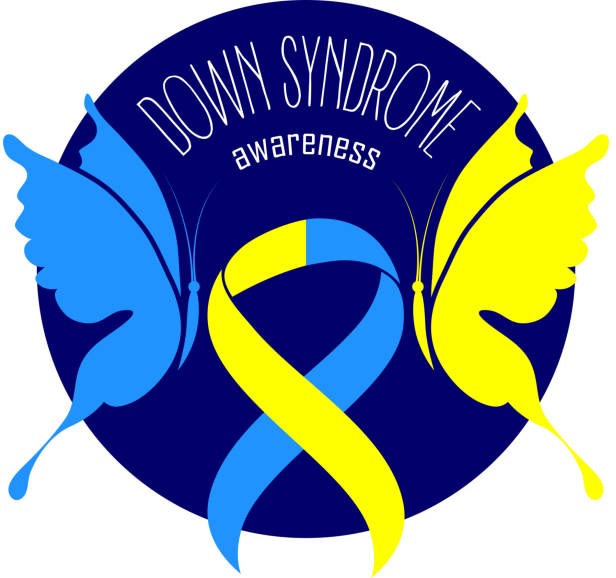Down Syndrome is defined as a genetic condition wherein a child has an extra chromosome, which in turn results in mild to moderate intellectual disability. Down syndrome occurs when the baby is conceived with two copies of chromosome 21 instead of one.
The Truth About Down Syndrome
Down Syndrome is caused by an extra chromosome. This extra chromosome comes from their father and mother, instead of chromosome 21. Here are some facts about Down Syndrome you may not know.
Down Syndrome Is Not A Disease
Down syndrome is not a disease per se. It’s a genetic condition. It does not shorten your lifespan, and it also doesn’t mean you can’t live a happy, healthy life. In fact, people with Down Syndrome can command very productive, healthy lives, many of whom have full-time jobs, have been married, have children, and lead independent lifestyles.
Children With Down Syndrome Are Usually Early Talkers And Early Walkers
Children with Down Syndrome usually start talking between 12 and 18 months. They often begin walking on time as well. Most children with Down syndrome are fully toilet-trained by the age of five or six.
Many People With Down Syndrome Are Able To Lead Independent Lives
Many people with Down Syndrome have jobs, go to school, and live in their own homes. This is because their parents and community services help them learn how to get along in life and give them support.
Conclusion
People with Down Syndrome deserve to be treated with respect as opposed to pity. They carry the same rights, desires, and hopes as the rest of the population. However, they may face more challenges and require additional support.
That said, don’t forget that October is Down Syndrome Awareness month! Reach out to us today to learn more.
MDcopywriter
References
Pearce JM. Disease, diagnosis or syndrome?. Pract Neurol. 2011;11(2):91-97
Thase ME. Longevity and mortality in Down’s syndrome. J Ment Defic Res. 1982;26(Pt 3):177-192.


